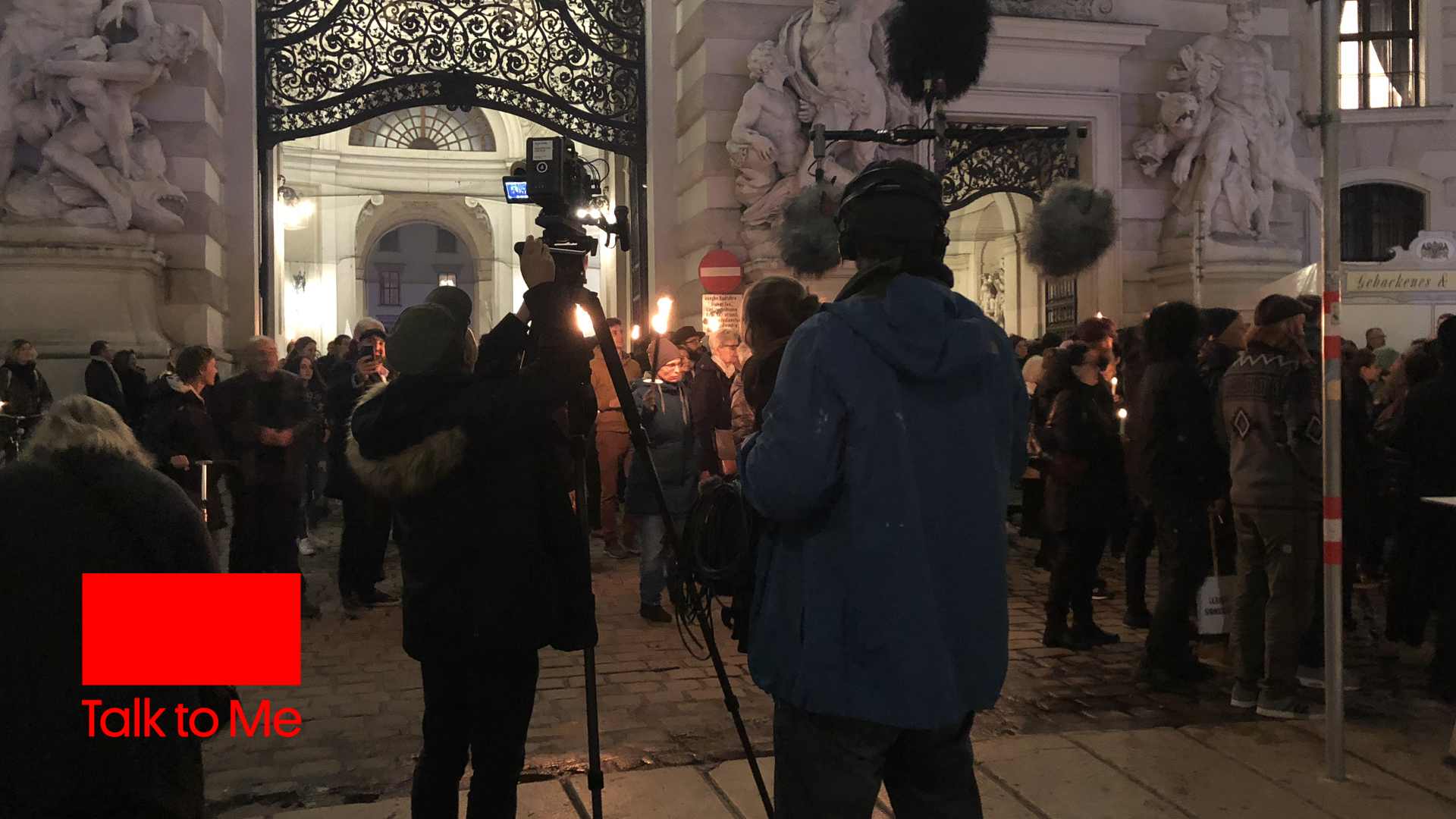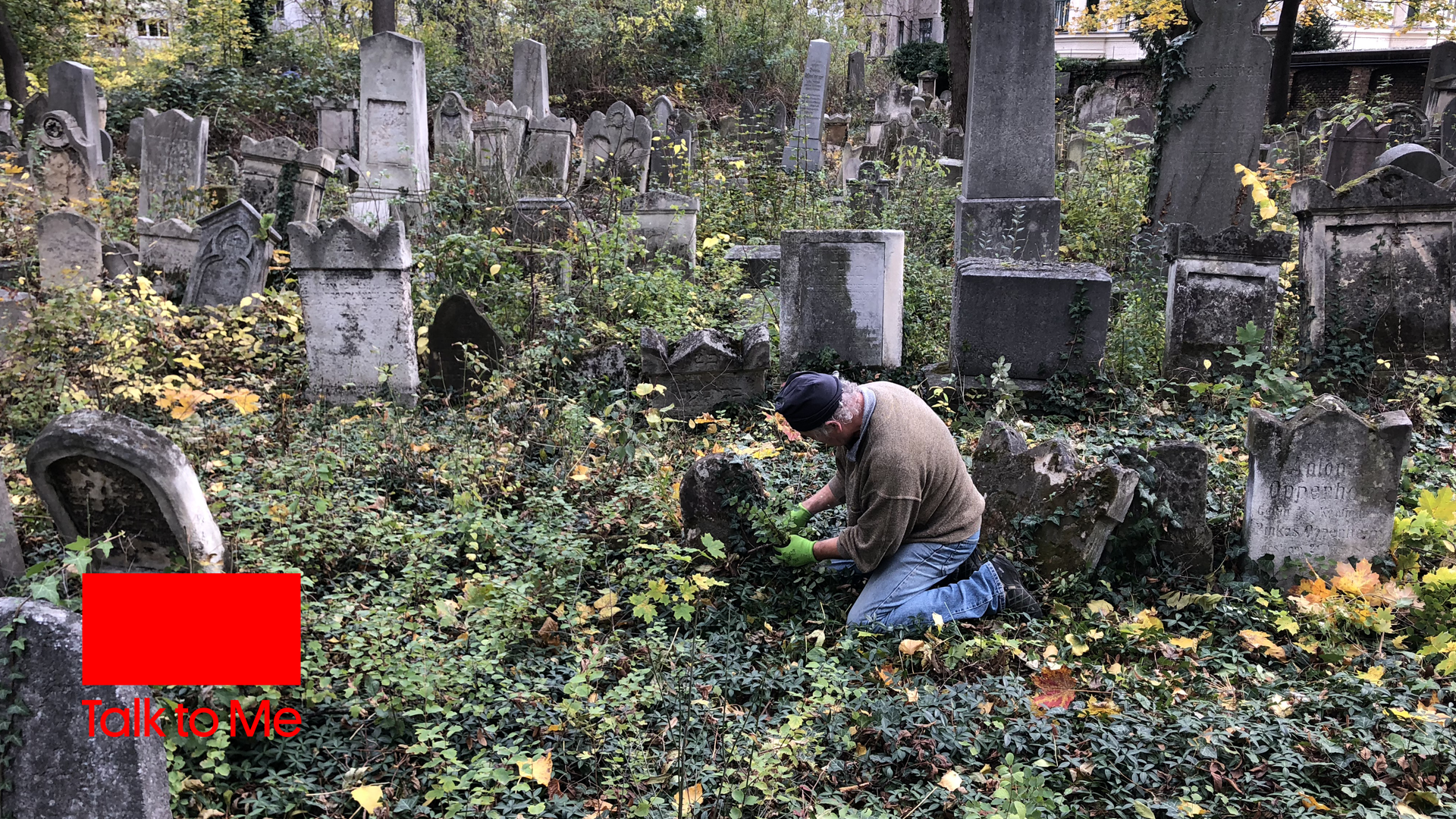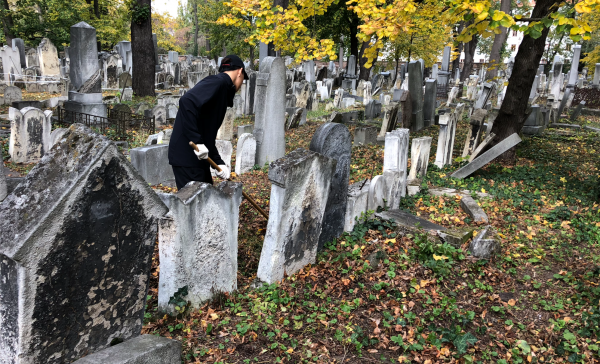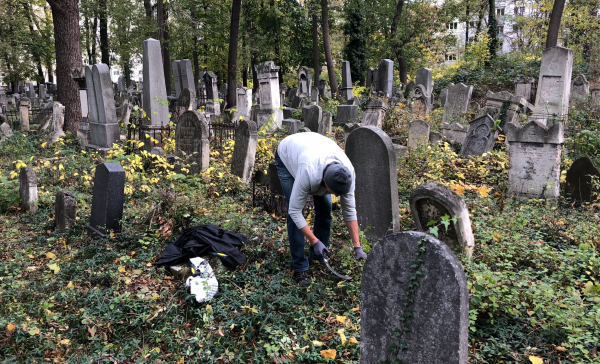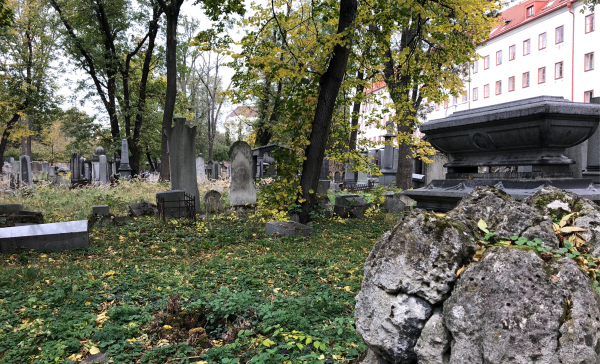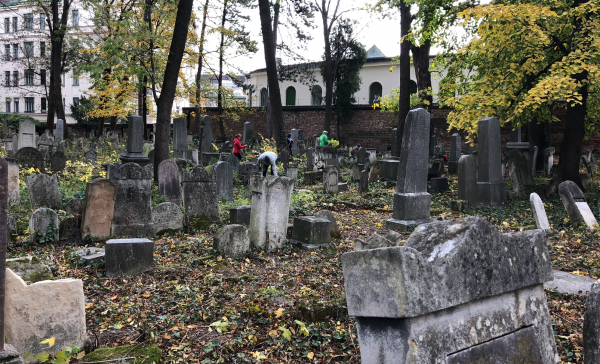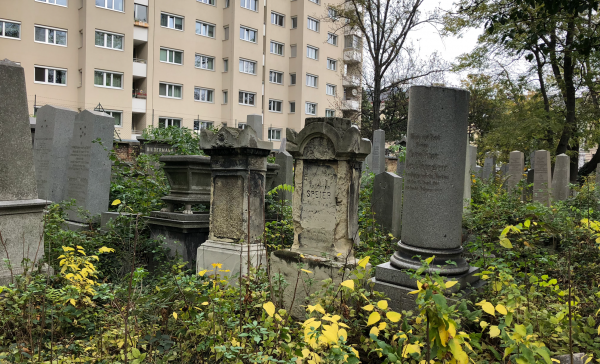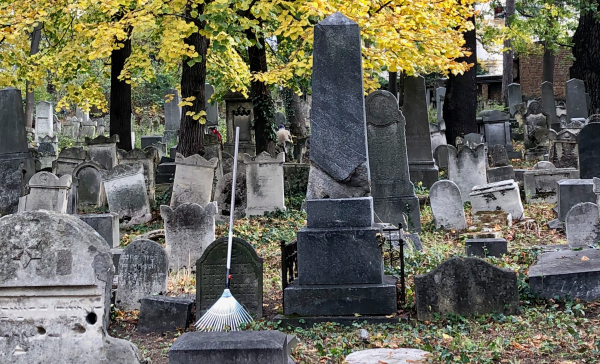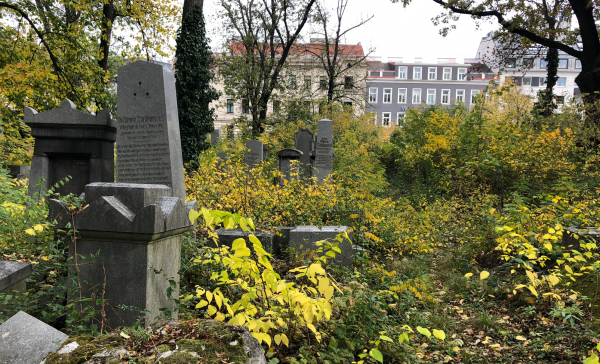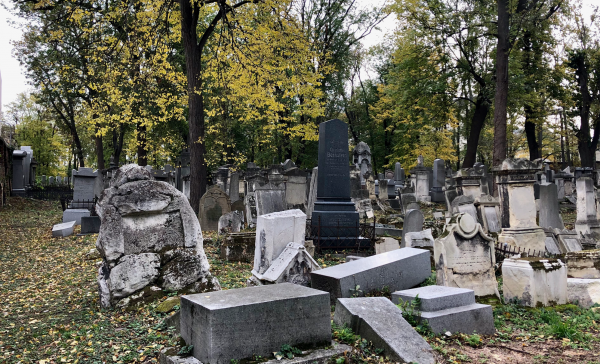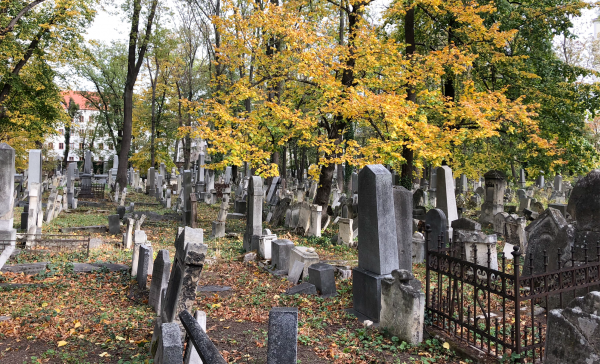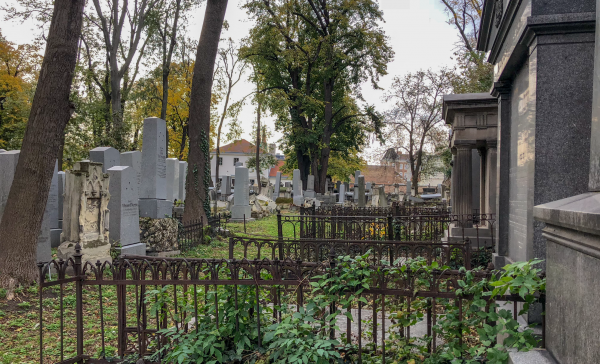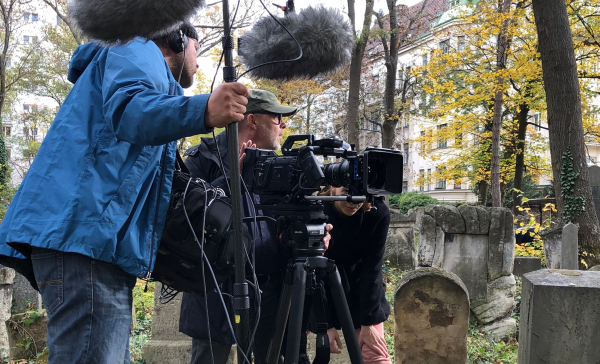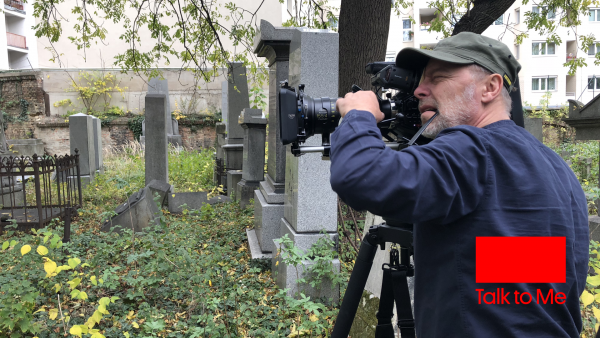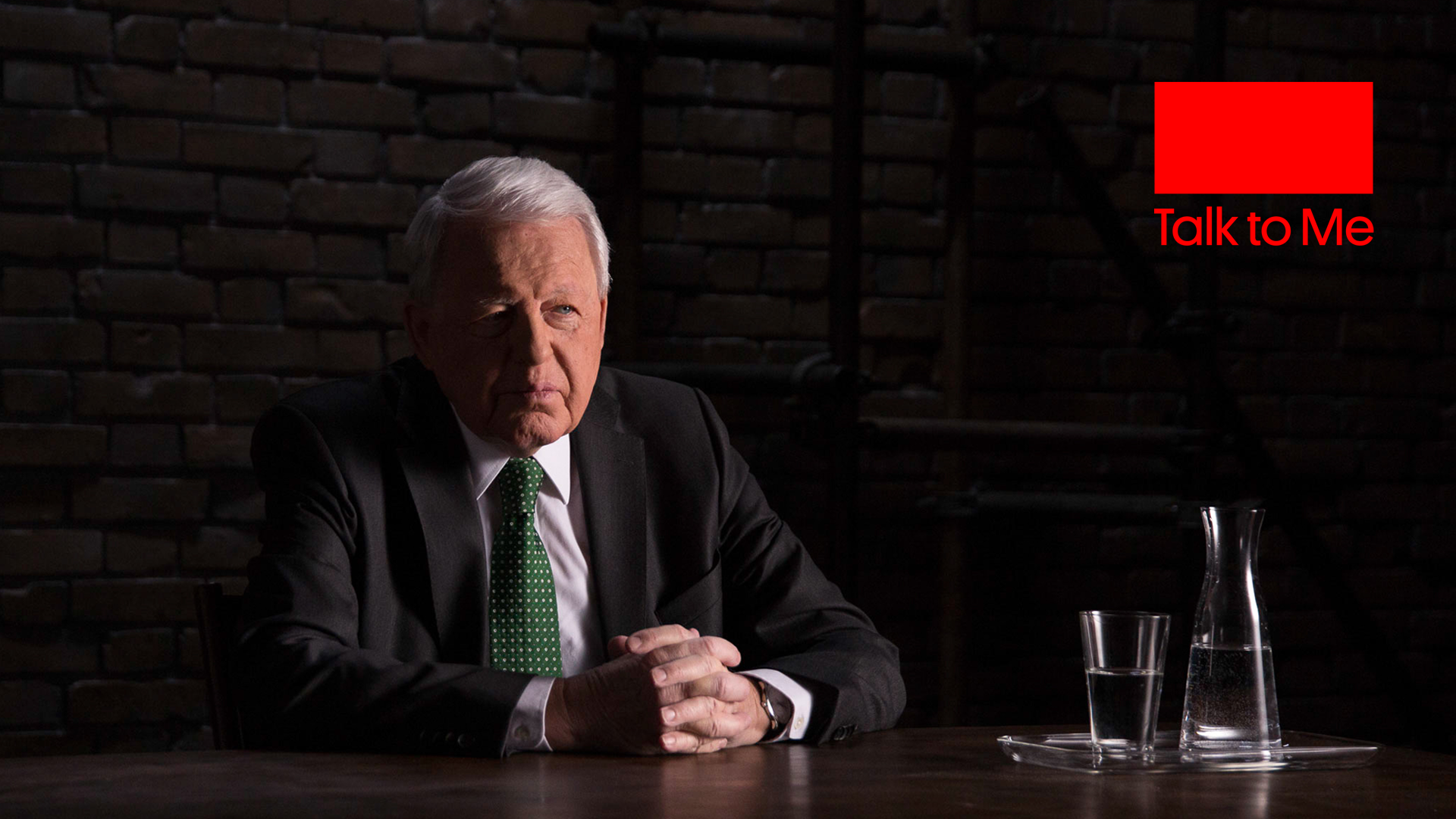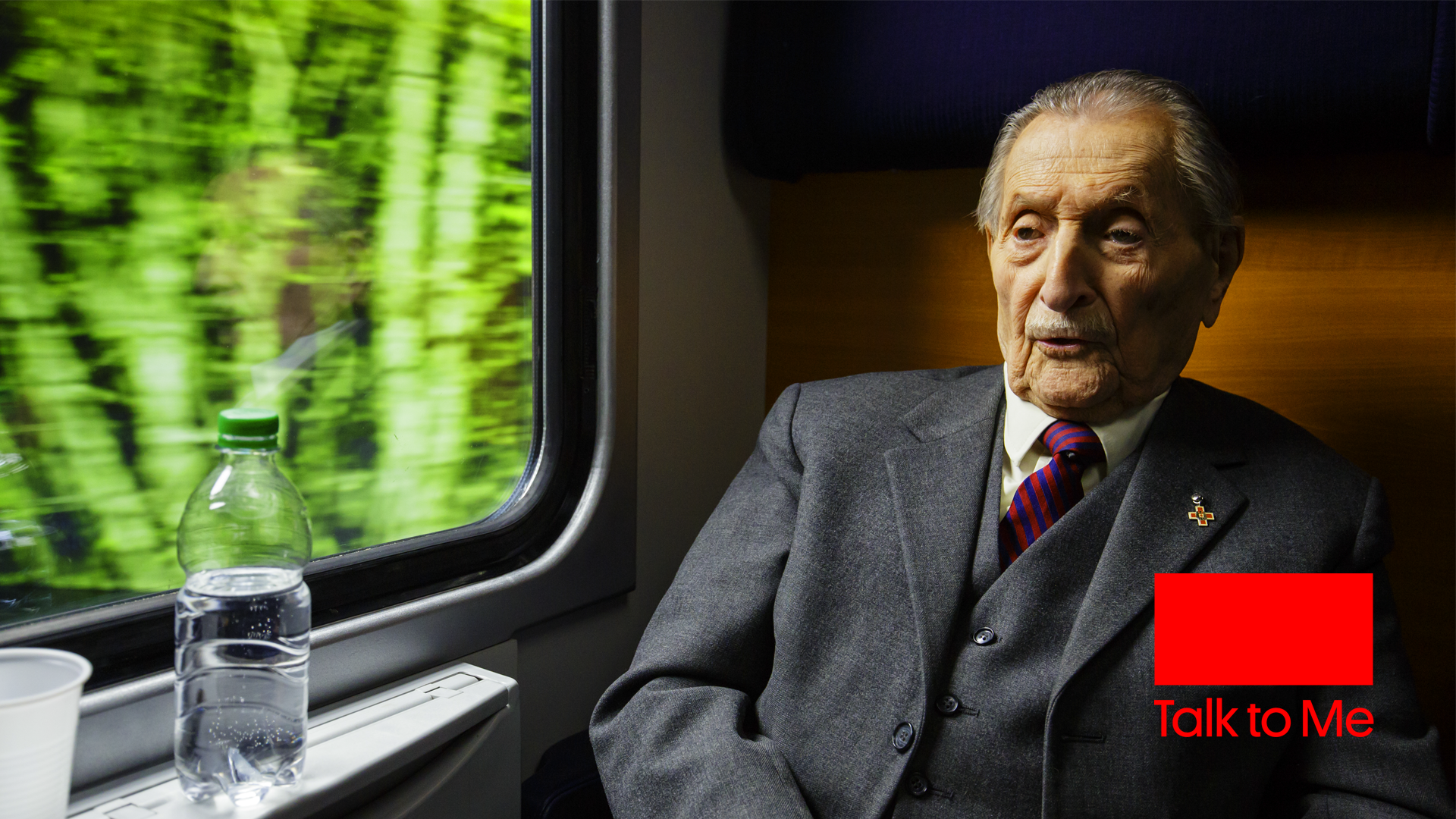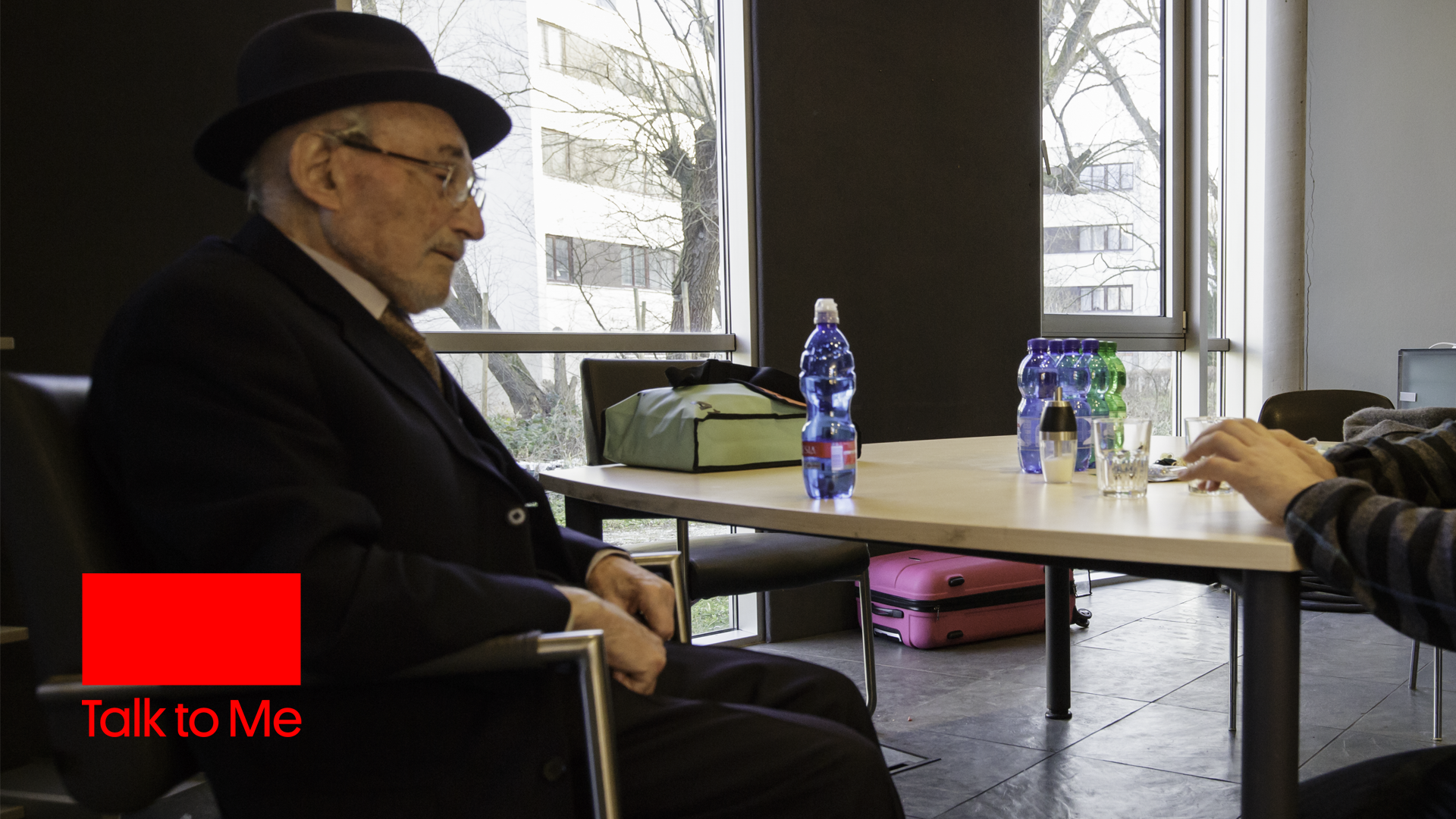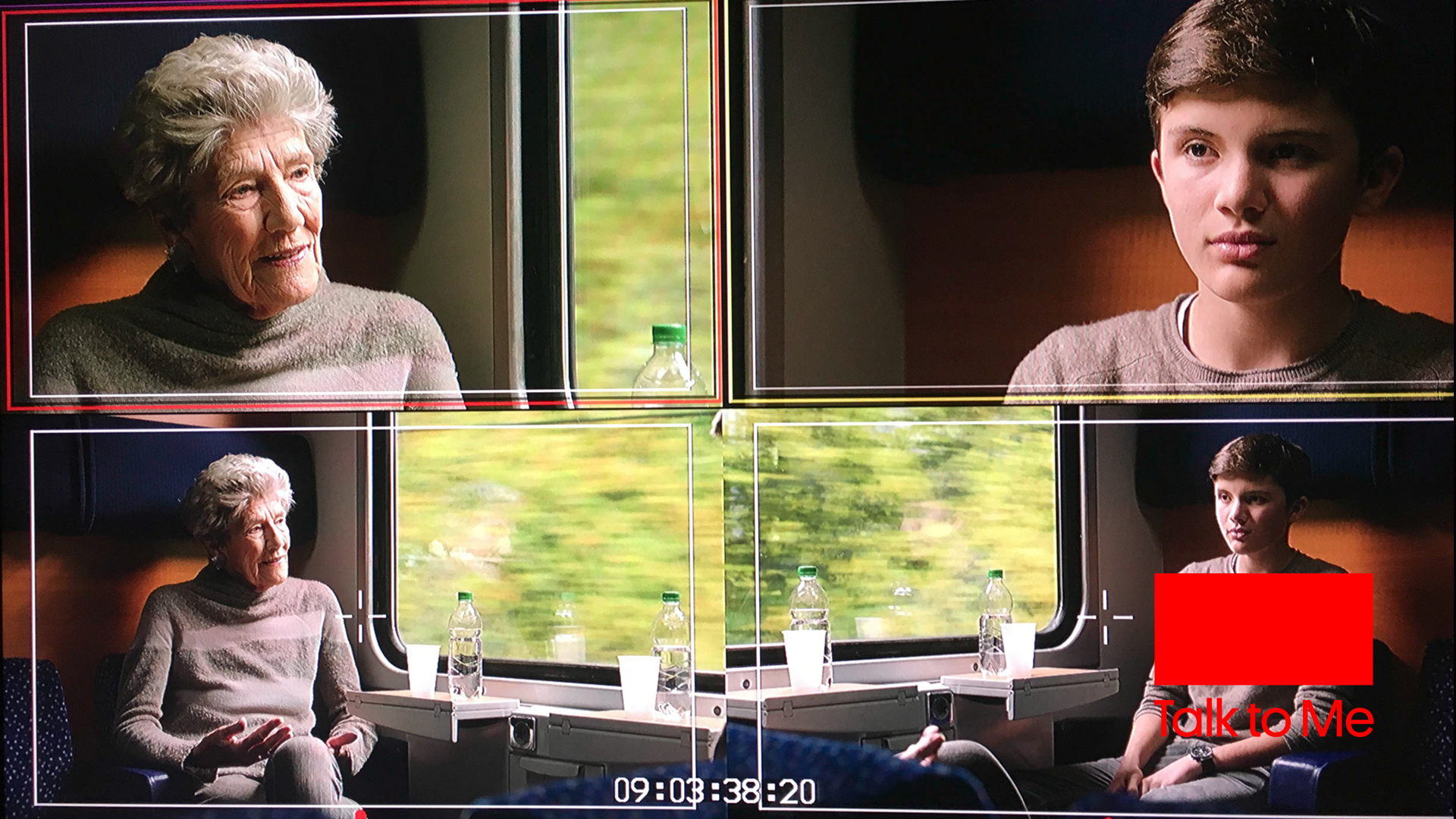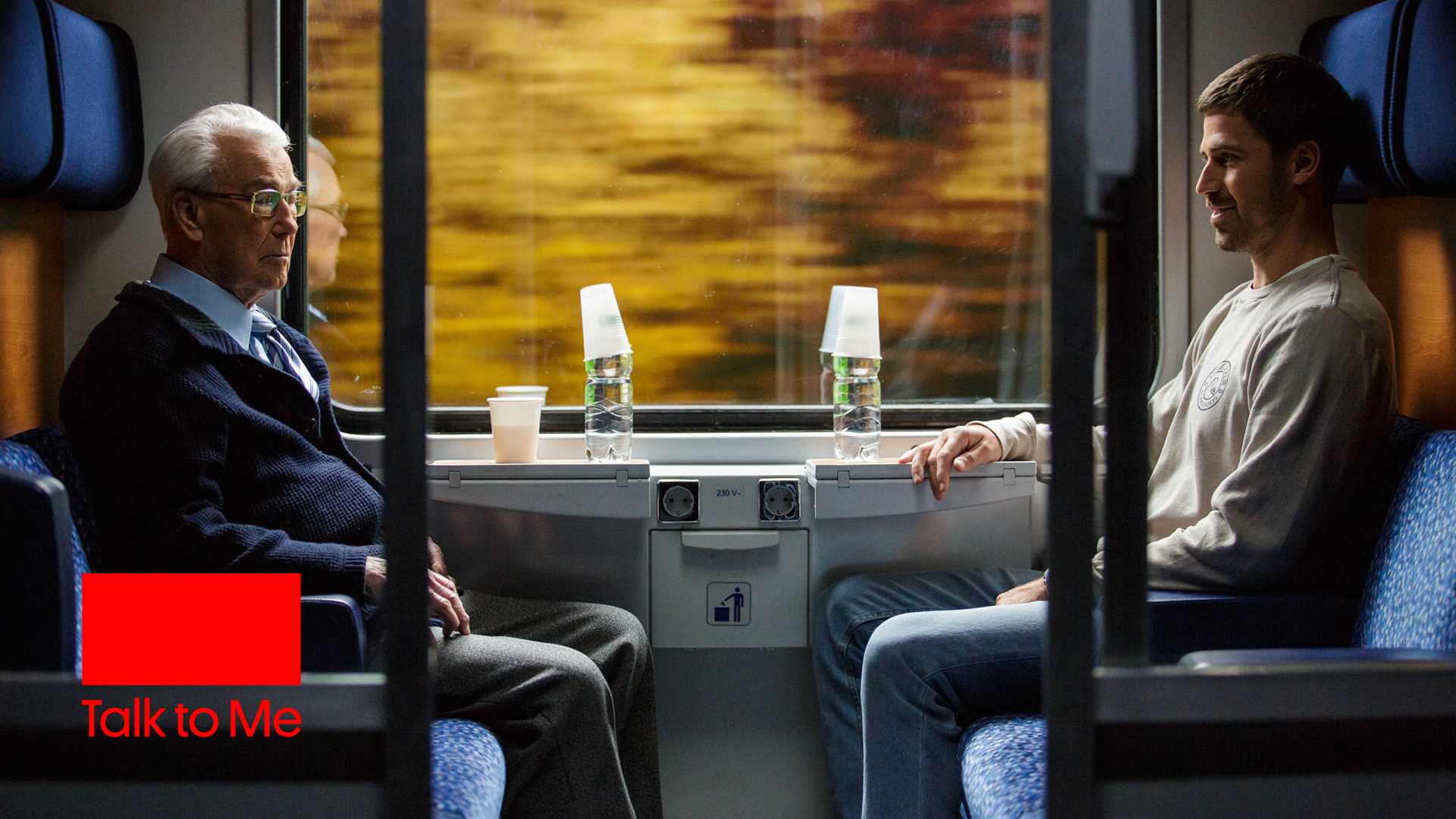A year ago, on November 8th 2019, we joined the “Light of Hope” – event. Remembering the November Pogroms of 1938 a big crowd of people marched from Vienna’s Heldenplatz (Heroes Square), where Hitler was frenetically welcomed in March ’38, to the Judenplatz (Jewes Square), where the big memorial reminds us to this darkest period of Austrian history.
Most of the Viennese people were convinced german-nationalists and hunted the Jews, deported them, destroyed or stole their property. Many participated in leading functions in the Holocaust-death-factories of the Nazis.
During the night form 8th to 9th November 1938 the manhunt reached it’s peak. After that most of the Viennese Jews, nearly 200.000 people before 1938, disappeared – most of them to the concentration camps Auschwitz, Theresienstadt or Mauthausen.
This night is also know as the “Reichskristallnacht”, which is a highly cynic word. It suggests that all Jews were rich and that the pogrom took just action against their goods – the word “crystal” shall symbolise richness.
This narrative tries to play down the brutal murder. It is one of many words from the Nazi’s narrative which are still in use in the common Austrian language.
We desperately wish that the “Light of Hope” is a sign for a change of the 100 year old tradition of blind extremism end nationalism which roots go far beyond 1938.
Comments closed